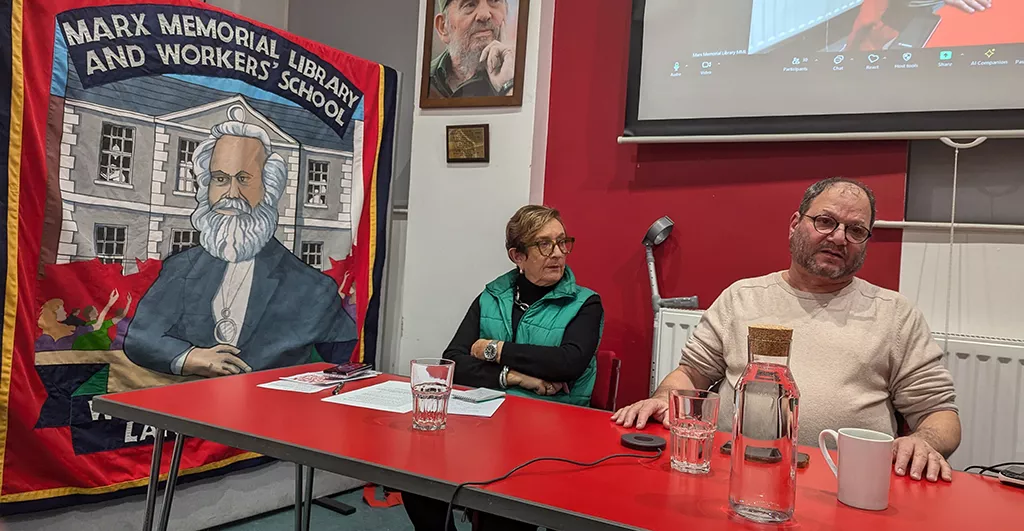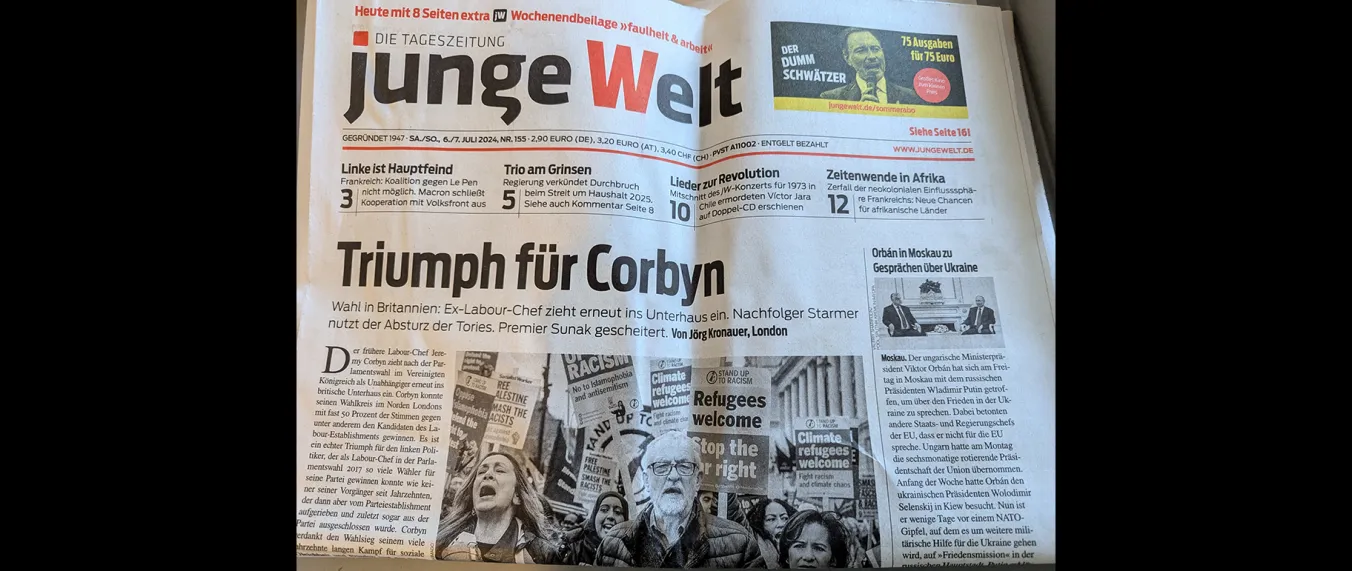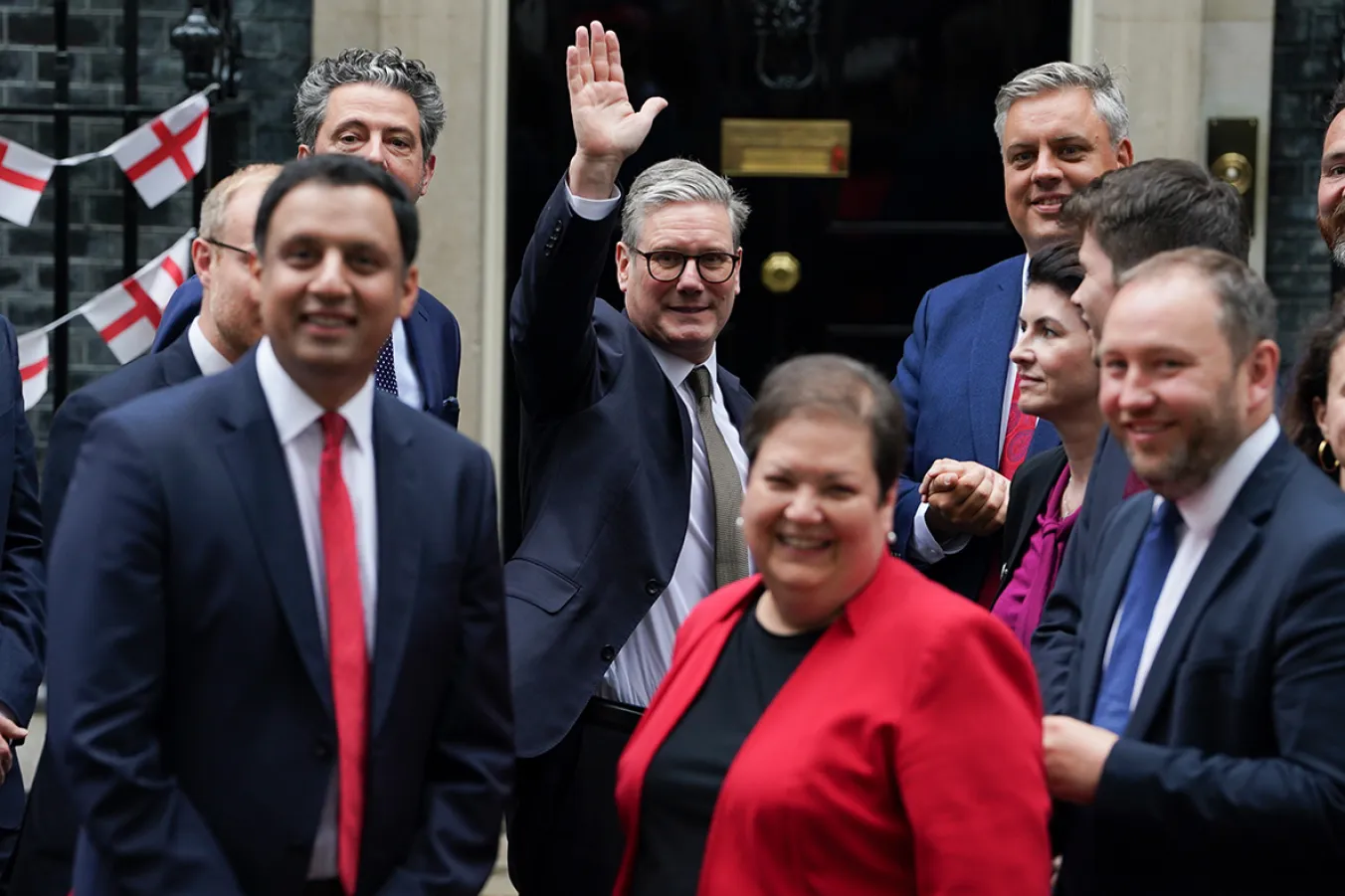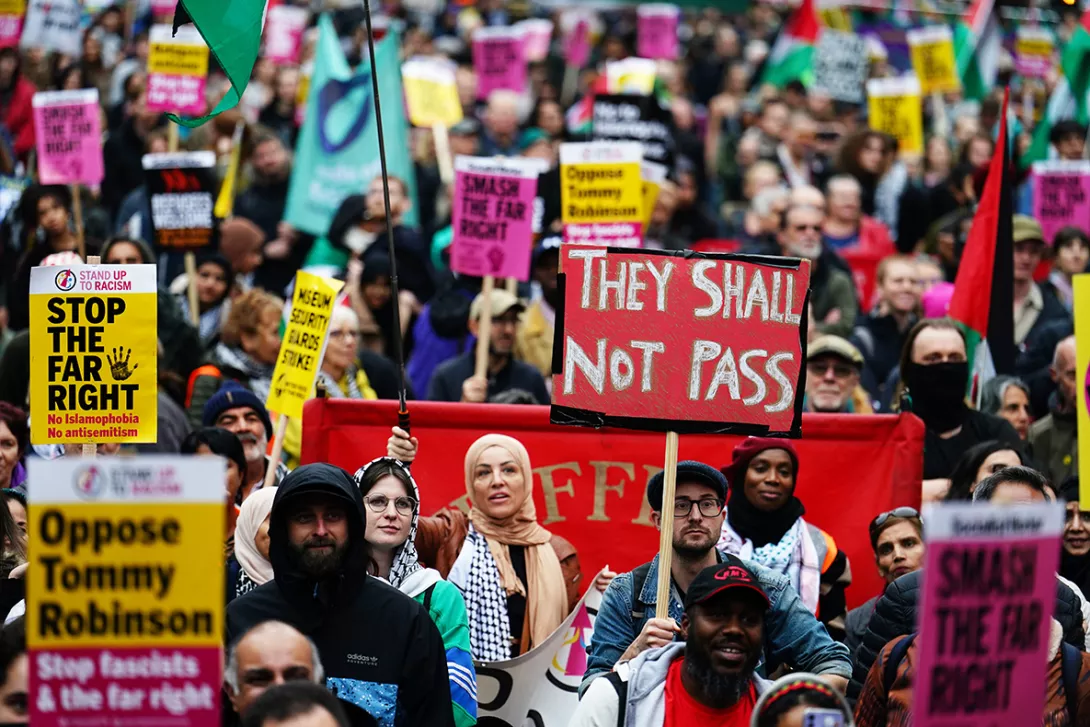
KEIR STARMER will welcome left outrage at his praise of Thatcher in the Sunday Telegraph.
It’s evidence, he will say, that Labour is a changed party, prepared to make a logical pitch to Conservative voters to win the next election.
He is wrong, but not because trying to win Tory votes is wrong.
Anyone serious about power needs to reckon with the fact that millions of people vote Conservative.
It is true that Establishment pundits ignore the even larger number of non-voters, and that genuinely radical projects can mobilise significant swathes of them, as we saw in the jump in young people voting for Jeremy Corbyn’s Labour in 2017.
But even in that year, more people voted Tory. Where this is acknowledged on the left, it is sometimes through presenting working-class Tories as idiots voting for their own exploitation.
This is defeatist and rests on an exaggeration of the extent to which the main alternatives like Labour or the Scottish National Party represent different interests. The reality is that the working-class experience has been one of exploitation and disempowerment under governments of all these parties.
The problem in praising Thatcher is not that it appeals to Tory voters. It is that it perpetuates an Establishment narrative about our history since the 1970s which is entirely false.
Thatcher’s legacy has been an unmitigated disaster. Her release of “entrepreneurialism,” praised by Starmer, consists of three key planks.
Deregulation, sowing the seeds of the bankers’ crash of 2008 and the longest wage squeeze in 200 years, and the kind of profit-driven recklessness that killed 72 people in the Grenfell tower fire.
Privatisation, which has handed control of our energy, water, steel and a host of industrial concerns to the private sector, which has milked them dry and driven them into the ground, or charges us extortionate sums to access resources that used to belong to us.
And sweeping tax cuts for corporations and the rich, which have made Britain one of the most unequal countries on Earth.
The British state has been completely debilitated, except as a machine for transferring public wealth to corporations and bombing foreigners. The postwar period saw huge investment in infrastructure like the state-led development of a motorway network: who thinks Britain could build on that scale now? The dismal fate of HS2 should disenchant them.
Even the idea that Thatcher triggered economic growth is a myth. Growth and productivity have been slower since 1979 than in the preceding three decades.
If Labour is serious about “meaningful change,” it needs to challenge this catastrophic legacy.
Since majorities even of Tory voters say they support nationalisation of energy, water, mail and rail, an open reckoning with 40 years of neoliberalism could indeed win votes.
Nor should the left ignore the signal sent by the Brexit vote: the overlap between Britain’s time in the EU and its pursuit of neoliberal policies widening inequality and eroding social cohesion is no coincidence.
The public sense that Britain has “gone wrong” since the 1970s may not be consciously articulated as a rejection of Thatcherism, and can be misdirected into reactionary and even racist channels. But it is clearly an expression of dissatisfaction with the economic policies of the last four decades and represents an opportunity for a class-conscious left.
This weekend sees a special TUC summoned to address the latest repressive legislation targeting trade unions: the movement can highlight the connection between the disarming of working-class organisations from Thatcher onwards and the decline in wages as a share of GDP since the 1970s.
It can reject, with one voice, the legacy of Thatcher: and warn Starmer’s Labour that a government which maintains that legacy, as Blair’s did, will face co-ordinated industrial resistance at every step.
Starmer’s Telegraph article is an insult. This is no time for our movement to give him an easy ride.














